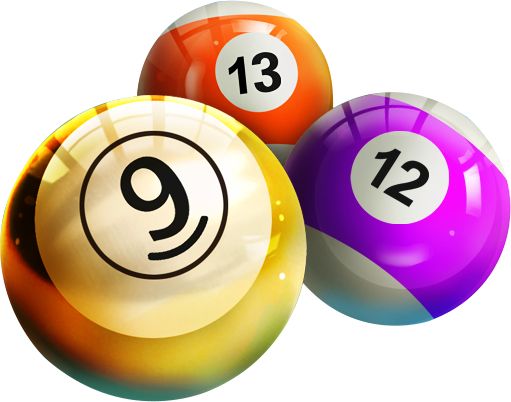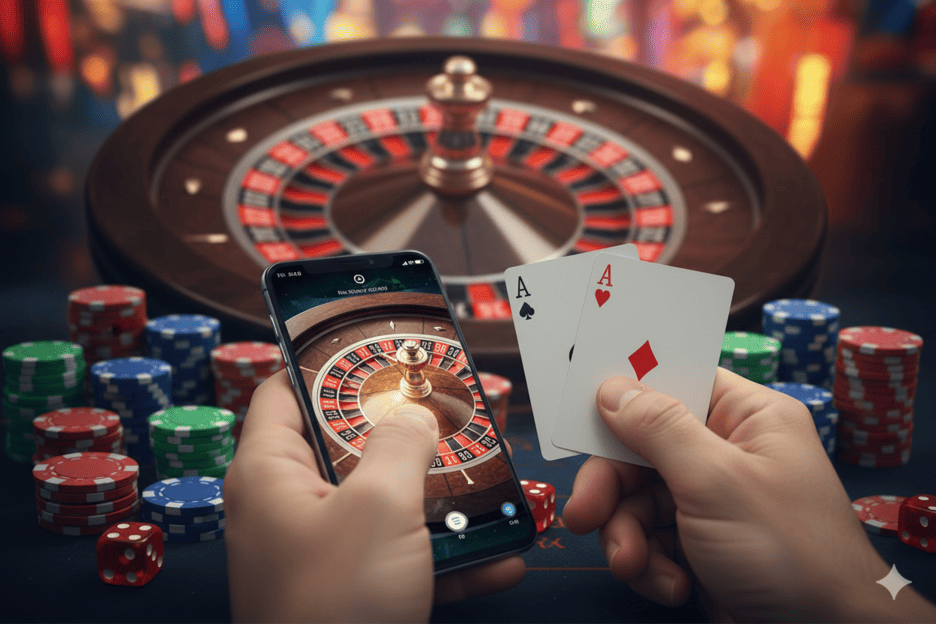When I first started exploring Wintopia Greece, I realized that the timing of play significantly affects both performance and enjoyment. Many players underestimate the impact of circadian rhythms, energy levels, and cognitive function on decision-making and risk assessment in online casinos. Selecting the best times of day to engage with slots, table games, or live dealer experiences can improve focus, reduce impulsivity, and even influence session outcomes in subtle ways. Over the years, I’ve observed that timing interacts with player psychology, platform dynamics, and technical factors, creating an intricate ecosystem where strategic scheduling can enhance both entertainment and potential results.
Understanding Player Performance Cycles
Circadian Rhythms and Cognitive Function
Humans naturally experience peaks and troughs in alertness throughout the day. Cognitive performance tends to peak in the mid-morning and late evening for most individuals. During these periods, players exhibit sharper decision-making, faster reaction times, and better risk evaluation. This is critical in games like blackjack or poker, where split-second decisions and probabilistic calculations matter.
Mental Fatigue and Impulsivity
Playing during low-energy periods, such as early afternoon post-lunch or late night after prolonged wakefulness, can increase impulsive behavior. Slot sessions may feel more exciting, but players are more prone to chasing losses, miscalculating probabilities, or overextending bankrolls. Understanding these cycles allows for better timing and controlled gameplay.
Emotional State and Decision Making
Emotional regulation is tied to time of day and personal energy levels. Players who engage while stressed, anxious, or distracted are more likely to make suboptimal decisions. Aligning gaming sessions with periods of calm focus improves strategy adherence, patience, and long-term session quality.
Peak Times for Online Gaming
Mid-Morning Sessions
Between 10 a.m. and 12 p.m., players are often fully awake, mentally alert, and less fatigued. This is an ideal window for strategy-intensive games like poker, blackjack, or baccarat. Analytical thinking, pattern recognition, and risk evaluation are sharper, allowing for more calculated betting decisions.
Early Evening Hours
From 6 p.m. to 9 p.m., players often experience renewed energy after daytime obligations. This period combines leisure time with heightened engagement. Live dealer games thrive during these hours due to increased player activity and social interaction. Volatility in games can feel more manageable as players are psychologically prepared for session outcomes.
Late Night Focused Play
For some individuals, the period from 11 p.m. to 2 a.m. represents peak focus, especially for night owls. The quieter digital environment reduces distractions, enabling extended, immersive sessions. However, late-night play carries the risk of fatigue if sessions are prolonged without breaks. Managing duration is essential to avoid decision impairment.
Low-Performance Periods
Post-Lunch Slump
The early afternoon, approximately 1 p.m. to 3 p.m., coincides with natural dips in energy and alertness. Players may experience reduced focus and slower reaction times. Engaging in high-stakes or decision-heavy games during this time increases susceptibility to impulsive choices. Casual or lower-risk gaming is preferable in this window.
Early Morning Hours
Sessions before 8 a.m. may find players cognitively underprepared and slower to process probabilistic outcomes. Unless part of a deliberate schedule aligned with sleep cycles, early morning play can amplify mistakes and reduce overall session quality.
Fatigue-Induced Errors
Extended gaming without adequate breaks, regardless of time of day, compounds cognitive decline. Recognizing fatigue and taking scheduled pauses improves outcomes and preserves enjoyment, emphasizing quality over quantity.
Game-Specific Timing Considerations
Slots and Casual Play
For slots, session timing affects engagement rather than skill outcomes, since randomness dominates results. Mid-morning or late-night slots sessions maximize immersive enjoyment with minimal distraction. Short, focused sessions reduce loss-chasing behavior and maintain emotional stability.
Table Games and Strategy
Games requiring analysis, such as blackjack, poker, or baccarat, benefit from alignment with peak cognitive periods. Strategy adherence, pattern recognition, and bankroll management improve when sessions coincide with mid-morning or early evening windows. Timing can create subtle advantages by reducing mental errors.
Live Dealer Games
Live dealer sessions thrive when other players are active, increasing social dynamics and interaction. Early evening periods often provide optimal social engagement. Timing sessions during moderate traffic hours ensures sufficient activity without overwhelming delays or table saturation.
Psychological and Behavioral Insights
Risk Appetite and Time of Day
Players exhibit varying risk tolerance based on circadian rhythms. Mid-morning sessions favor measured risk-taking, while late-night or post-fatigue periods may increase gambling impulsivity. Understanding personal patterns allows for strategic session planning.
Reward Sensitivity
Brain sensitivity to reward stimuli fluctuates throughout the day. Morning and early evening sessions align with moderate reward processing, encouraging balanced decision-making. Late-night sessions may amplify emotional responses to wins or losses, potentially affecting long-term strategy.
Habit Formation and Session Scheduling
Consistent session timing creates cognitive conditioning, improving focus and game management. Players who establish routines aligned with peak performance windows demonstrate better bankroll control and decision consistency.
Technological Considerations
Platform Traffic and Latency
During peak online periods, platforms may experience high traffic, potentially affecting game latency and load times. Early morning or late-night sessions often provide faster interactions, smoother streaming, and more consistent platform performance.
Bonus Availability and Timing
Many online casinos release time-sensitive bonuses. Aligning sessions with promotional windows maximizes value. Strategic players monitor release schedules for free spins, deposit boosts, and loyalty rewards to integrate timing into overall gameplay strategy.
Real-Time Analytics and Behavior Tracking
Advanced platforms like Wintopia Greece provide session tracking, performance metrics, and gameplay analytics. Timing play to leverage these tools enhances informed decision-making, risk assessment, and adaptive strategy implementation.
Cultural and Regional Considerations
Greek Lifestyle Patterns
In Greece, meal schedules, work hours, and social norms influence optimal gaming periods. Mid-morning and early evening align with cognitive and social peaks, while afternoon siesta periods may reduce alertness. Awareness of regional patterns allows for culturally optimized session planning.
International Comparisons
Players competing in global markets must consider time zone differences for live dealer games or tournaments. Adjusting schedules ensures engagement with optimal table conditions, active opponents, and responsive dealer interactions.
Seasonal Variations
Daylight hours and seasonal schedules affect energy levels. Summer months may favor early morning or late-night sessions to avoid fatigue from heat and extended daylight, while winter months may shift peak performance later in the day due to altered sleep cycles.
Expert Strategies for Timing
Mapping Personal Performance
Players benefit from tracking alertness, emotional stability, and decision accuracy throughout the day. Mapping personal performance against session outcomes identifies individualized optimal play windows.
Balancing Risk and Leisure
Strategic session planning combines peak performance timing with controlled bankroll allocation. Players should match high-stakes or strategy-intensive games with peak cognitive periods and lower-risk casual games with low-energy windows.
Integration with Break Schedules
Regular breaks, hydration, and nutrition align with optimal play. Sessions timed around energy maintenance strategies improve focus, reduce impulsivity, and increase sustained enjoyment.
Adaptive Scheduling
Players should remain flexible, adapting session times to fatigue, emotional state, and environmental factors. Dynamic timing decisions improve long-term engagement and preserve psychological resilience.
Long-Term Implications
Session Quality and Bankroll Sustainability
Optimized timing directly influences decision-making, loss management, and session duration. Players who align sessions with personal and cognitive peaks preserve bankroll and reduce the risk of compounding losses.
Psychological Wellbeing
Scheduling sessions during high-focus periods reduces stress, frustration, and fatigue. Maintaining cognitive alignment enhances overall gaming experience and contributes to positive behavioral patterns.
Skill Development
Strategic games played during peak performance windows accelerate learning, improve pattern recognition, and enhance decision-making efficiency. Players experience skill growth and higher satisfaction over long-term play.
Conclusion
Selecting the best times of day to play online is a multidimensional strategy involving cognitive science, behavioral psychology, platform dynamics, and cultural context. Platforms like Wintopia Greece provide tools, analytics, and immersive experiences that maximize session quality when aligned with peak performance periods. Mid-morning, early evening, and late-night sessions each offer distinct advantages depending on game type, risk tolerance, and personal energy cycles. Understanding fatigue, reward sensitivity, and environmental influences allows players to optimize gameplay, preserve bankroll, and enhance enjoyment. By integrating timing with strategic planning, responsible practices, and adaptive session management, players can elevate their online casino experience to a more controlled, engaging, and potentially rewarding level.


